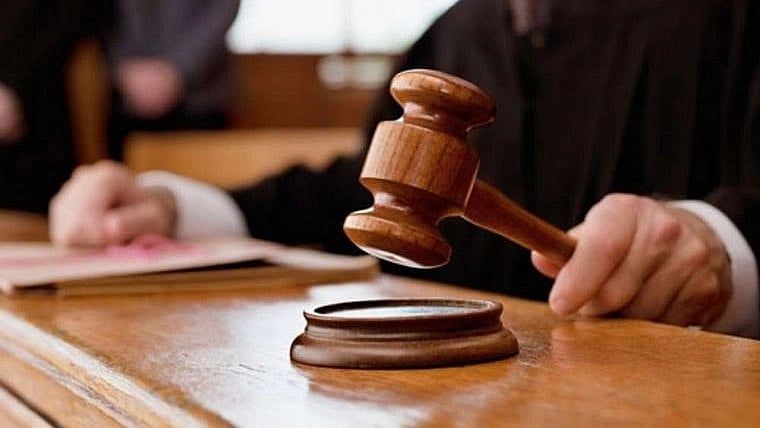
Indore (Madhya Pradesh): Setting aside an order issued by the Mhow tehsildar rejecting a land mutation application, the Indore bench of Madhya Pradesh high court observed that the tehsildar could not relegate a person to civil court to seek declaration that he was the legal representative of the deceased property owner to get his name mutated.
Justice Pranay Verma noted, “There is no requirement for the applicant to seek any declaration from the civil court that he is the legal representative of the deceased. The tehsildar can very well consider and determine the genealogy between the parties. In fact, it is his duty to do so and he cannot relegate the petitioner to the civil court for seeking a declaration as has been directed by the impugned order.”
The ruling came on a petition filed by one Rahul Shukla against the State of Madhya Pradesh and others. Shukla had challenged the tehsildar’s order dated October 11, 2024, wherein his application for land mutation under Sections 109 and 110 of the MP Land Revenue Code, 1959, was rejected.
The petitioner contended that he was the sole legal heir of the disputed land, previously held jointly by him and his deceased brother, Rajeev. He further asserted that his parents were no longer alive and that Rajeev had no other legal heirs, as he had divorced his wife before his demise.
During the proceedings, it was noted that the tehsildar had published a notification inviting objections, but none was received. Additionally, a report from the Halka Patwari did not indicate the presence of any other legal representatives.
Despite this, the tehsildar rejected the application, directing Shukla to obtain a civil court declaration regarding his legal heirship. The high court ruled that under Sections 109 and 110 of the Land Revenue Code, it was the duty of the tehsildar to determine the genealogy and legal entitlement of an applicant rather than redirecting him to a civil court.
The court emphasized that a tehsildar was fully competent to ascertain legal succession in mutation matters. As a result, the court quashed the tehsildar’s order and directed that the mutation application be reconsidered on its merits, based on the available records and legal provisions.